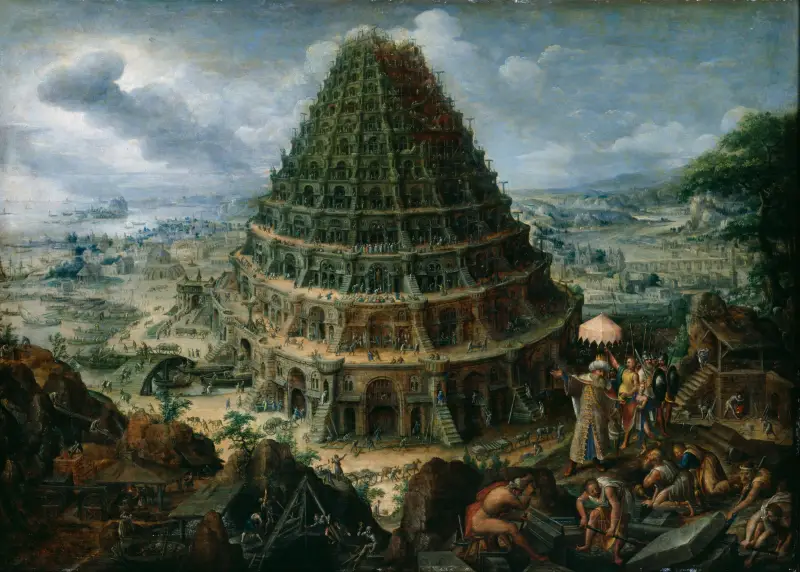I spent Father’s Day in Durham with both of my two families: my white family and my brown family. In the afternoon, I went down to the Eno River to swim with my white family where I noticed with perhaps a little too much pride that we were the only white people there (I guess most white people stick to chlorinated pools). Then on Sunday night after I put my boys to bed, I went out to the soccer field to see my brown family (the mostly Mexican immigrant kids from my former youth group who adopted me into their family). I only had a few minutes with them because I was meeting my friend Mitch for a drink so I had to settle for a few quick hugs while the ball was at the other end of the field.
I have been wondering if the heaviness that has filled my heart since that moment last night is analogous to what divorced fathers without custody feel when all they get is a few quick hugs every couple of months. Visiting my brown family is always a delicate task since we stay with my parents when we visit Durham and I have to be sensitive about how I budget my time, particularly when it’s limited to 24 hours like it was this past weekend.
When the kids in my former youth group adopted me three years ago, they told me I was “brown on the inside” and started saying that my last name was Lopez instead of Guyton. Some of them told me their fathers weren’t around so I was the closest thing they had to a father. They didn’t know they were messing with the already messed-up racial identity of a rich white guy haunted by his privilege.
I’m not sure how many other white people are like me, but I’m one of those white people whose self-identity has been shaped (at times in unhealthy excess) by my relationships with people of other races and cultures. When I was in elementary school, black was another word for cool. At my exclusive private school in Houston, we had only one black kid in our class named Kazi and he was cool. So when Kazi didn’t invite me to his third grade birthday party, it was the first time I realized that I wasn’t cool. Later in middle school when I was bullied intensely, I coped by putting Ice Cube and Eazy E in my headphones, thinking as millions of other suburban white kids have thought that black music made me cool, though I was sincerely terrified that I would get shot for being a poser rich white kid listening to gangsta rap.
In any case, ever since I went on a trip to Mexico in 1998, I’ve found myself drawn to and/or thrown into relationship with brown people. A lot of it hasn’t felt deliberate, which has made me wonder if God has had a role in it. I’m not sure what to make of it and I’m very cynically self-suspicious. Do I wear my multicultural literacy as a badge of honor in which my relationships with brown people are trophies that I cling to for the sake of scoring ideological points over other white people? It doesn’t feel that blatantly disingenuous but my cross-racial relationships do factor into my ideology.
I shared that I’ve been reading Willie Jennings’ Christian Imagination. His third chapter is about a 19th century South African Anglican bishop John Colenso who seems to have faced a similar encounter with another race in his work translating the Bible for the Zulu people. Colenso was scandalized by the racism that he was surrounded by. He was also presumptuous and naive in a way that many white people who visit “Third World” countries are (or at least in a way that I could relate to). He also had an ideological axe to grind with other Anglicans for which his Zulu friends served as a useful prop (which I feel like I have done at times, to my shame).
Colenso wrote a commentary on Romans that reinterpreted the book in light of his experiences with the Zulu and their mistreatment by the colonists. Colenso said that his fellow colonists were akin to the Jews who didn’t want to share their salvation with the Gentiles. Ultimately Colenso went on to argue for a universalist view of salvation which got him condemned as a heretic and excommunicated. What was interesting and close to home for me was to see how Colenso deployed the “native” perspective to advance his own argument. It seems like he was experiencing an impossible to untangle mix of genuinely heartfelt solidarity with the Zulu people and a paternalistic expropriation of their “nativeness” for the sake of gaining higher ground in a dispute with other white people. Colenso wanted very much to “go native,” but he never could leave the argument with his whiteness behind and his relationships with the Zulus seemed to get absorbed into this white argument.
I can identify with Colenso’s messy mix of ideology and genuine solidarity. Ever since I preached my first sermon on Hebrews 2 and God’s family in 2007, I have been on an ideological campaign against the idolatry of the nuclear family in American culture which I tend to identify with middle-class white culture. Honestly I think that much of the American church’s bankrupt helplessness in confronting social inequities stems from the way that middle-class white Christians are encouraged to focus all their energy on their biological kids to the exclusion of marginalized people they should be forming spiritual families with. Focusing on our nuclear family is basically what we choose to do instead of loving our neighbor.
In any case, my two years as a youth pastor were an experiment in viewing kids that were not my own by blood as part of my family, buying them birthday presents, school supplies, helping them with homework, taking them out for tortas and licuadas like they were my own kids. If I had spent more than two years doing that, I might have lost my marriage. Or perhaps a better way of putting it is that I learned not to be an ideologue through some tough conversations with my wife. But that doesn’t negate the real ways in which I participated in their lives
The kids wanted to started a soccer team to do outreach to other kids in their neighborhood. So we did, and our youth group grew from about five kids to about 30. It was crazy when they all came to church. Their behavior was awful. So I had to be a daddy and come down like fire and brimstone, confiscating cell phones, forcing my way to sit in between them, etc. One girl was about to drop out of high school in ninth grade. We had an intense conversation. She called me to tell me a few weeks later that she had pulled all her grades up to passing except for French. Now she’s a rising senior who gets only A’s and B’s in all honors and AP classes. Another girl was about to make a poor choice when she was home alone at her house, and God somehow brought me and her uncle there within minutes to talk some sense into her. There are many other stories. We had an old beat-up church van that I used to pack way too many kids inside. When they got rowdy, we would pull over and have a van sermon. That was where I learned that I could preach extemporaneously. We also had a lot of fun. A lot of swimming at the river, a lot of ice cream, and of course tons of soccer.
I’m worried about my second family now that I’m no longer there. God showed me that He could take there of them fine without me last year. Other people in our church stepped up last year and took over leading the youth group. Words can’t express how grateful I am, though it’s also hard to know that I’m needed anymore. I’m nervous because my old church is going through a merger in the next couple of weeks. The senior pastor that had been there since 1997 is moving out this week. All the kids knew him and had relationships with him. The problem is that their parents don’t really come to church, so it requires a good bit of energy to get them there and when they come, they have trouble sitting still. I’m worried that they’ll fall through the cracks in the new church, because I know they’re rowdy and a lot to handle. All I can do is pray that God would make the youth a priority for the members of that church.
I love those youth. I’m always going to see them as part of my family even if all I get is a few quick hugs on a Durham soccer field once every three months or so. I also very much believe that the difference the body of Christ is supposed to make is to tear down the white picket fences that split us off into self-absorbed universes centered around our kids’ toys, sports, and other activities. To confess Jesus as Lord means accepting His redefinition of what family means (e.g. “My mother and brothers are those who hear God’s word and obey it,” Luke 8:21). I’m still trying to figure out how to be a good daddy to the boys God has given me and a good husband to my wife while at the same time challenging myself and others not to settle for keeping my own brood self-sufficient and out of trouble but instead to seek out neighbors whom I can love and support so that my sons will grow up doing that themselves. Loving my various families will always be a work in progress, but God is a faithful teacher I can trust.











